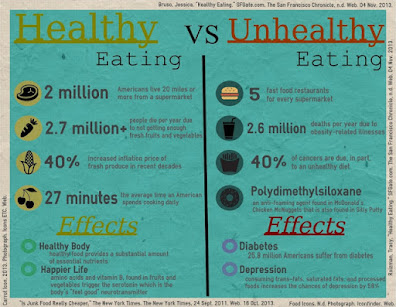Blog #4: Electronic waste
I remember in my first few years of school doing basic research projects using dictionaries and encyclopedias. By grade three my school list included floppy disks and I could tell my teachers were uncomfortable with using the computers. Often times they would save our projects for us rather than show us how. I remember being taken out of class in groups and sat in front of computers while the TA read from a script, "click this icon 2 times to open up the internet." By the time I was in 6th grade everyone was more comfortable with the computers in the school and we used them regularly. By the time I was in high school there was a cart of laptops that teachers could book for students. As the school system became more comfortable with using computers never once was the environmental impact of technology brought up.
I remember being told once or twice that a computer is like a battery and it should not be thrown in the garbage. These warnings were half-hearted and very infrequent. It wasn't until listening to Reynold Redekopp's presentation "Why You Should Love Your Phone More" that I was taught in detail about the negative impact that technology has on our environment, and how it is hurting so many people around the world after it has been discarded. We teach our students the negative impacts of the can that their drink came in, so why don't we teach them about the impact of their smart phones?
As Reynold reminded us it is usually the voices of children that get heard the most when it comes to social issues. Some of the most powerful human rights activists and environmental activists are children, so why not get our students involved? There are so many different approaches that classrooms can take to advocate for future change or to reduce the amount of waste that is disposed of incorrectly. These students can have a lasting impact on the world, so why not let them?
Here is an interesting link to a website that discusses the recycling process for common household items:


I love the way you chose to write this. It reads like a nice story that takes me back to the good days. It is so true though. Teachers were quite shy of computer use when it was first being introduced. Computers were also very highly valued by the schools, since they only had a few of them. I think the teachers would take charge of any saving of projects or insert the floppy disks themselves because they didn’t want a student breaking their only one. Indeed, much has changed, and now individual laptops are handed out freely to the class. Computers have become part of everyday life, rather than a precious gift-like instrument.
ReplyDeleteYou are totally right Katrina! We spend time teaching our students how to recycle their garbage, but we do not teach them about the impacts technology has on human health and the environment. I read the article that you linked in your post; I did not know about recycling fraud. Recycling companies that do not recycle but contaminate. Worrisome.
ReplyDeleteAnyways, Thank you for the post!